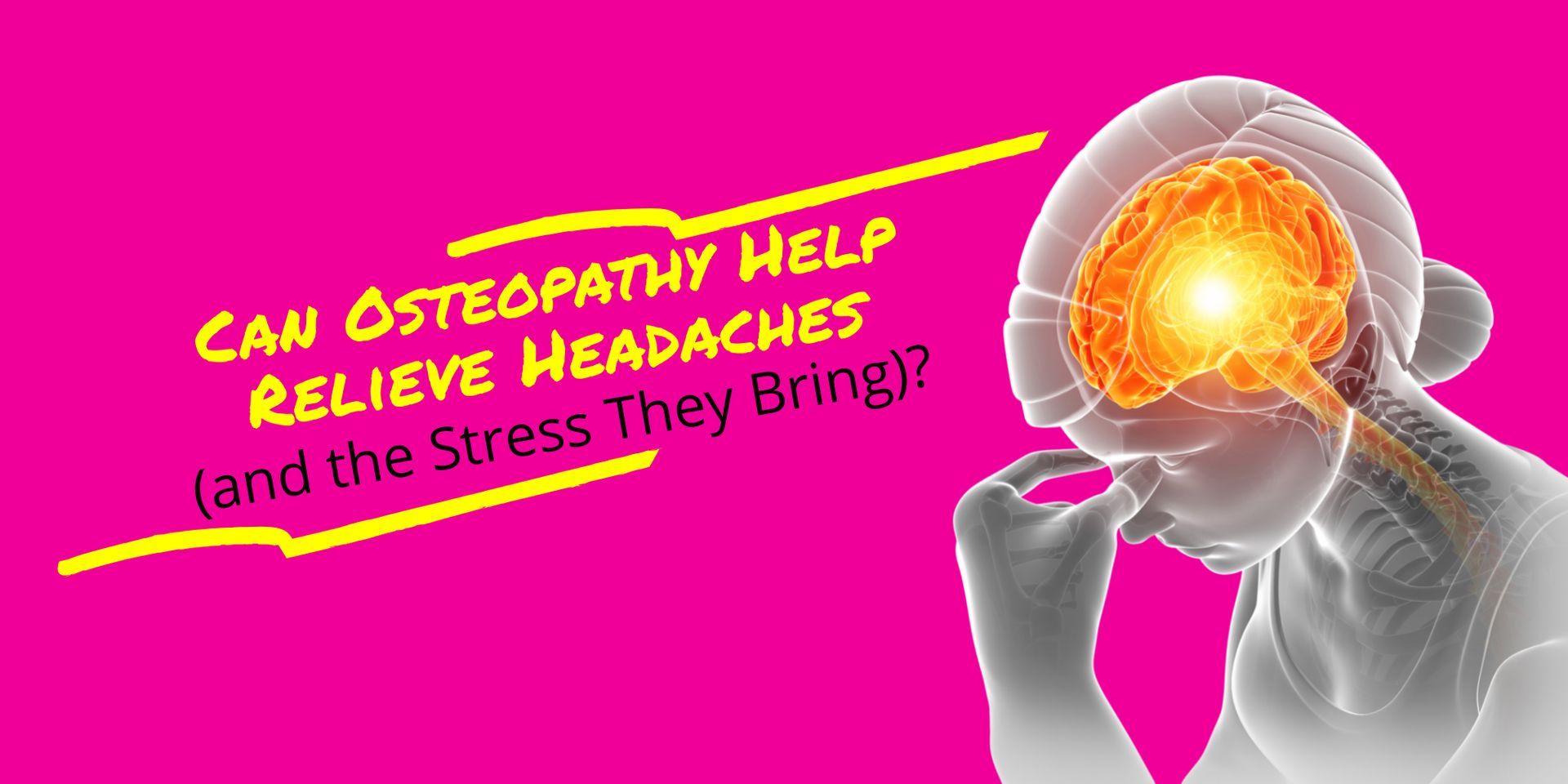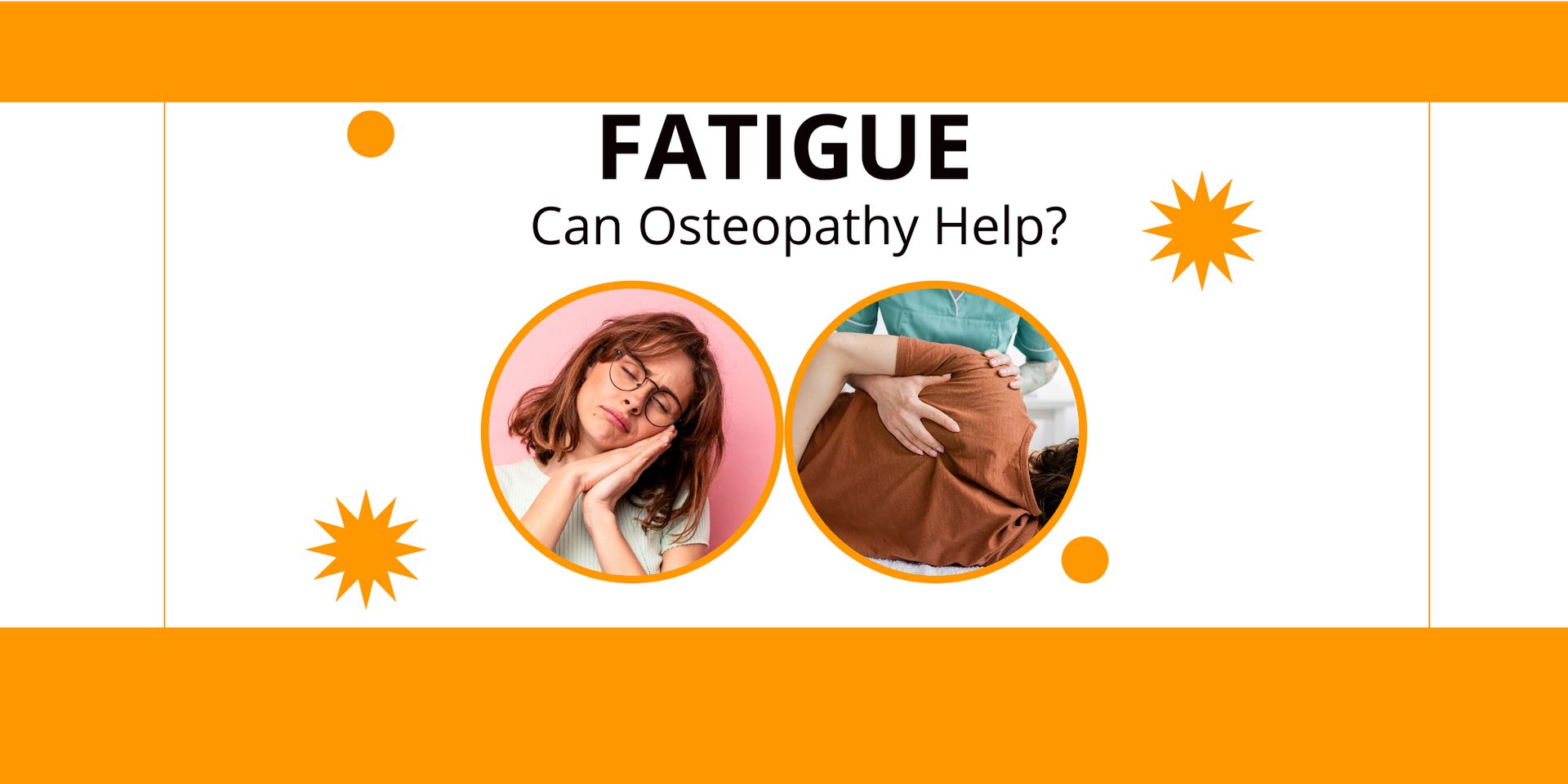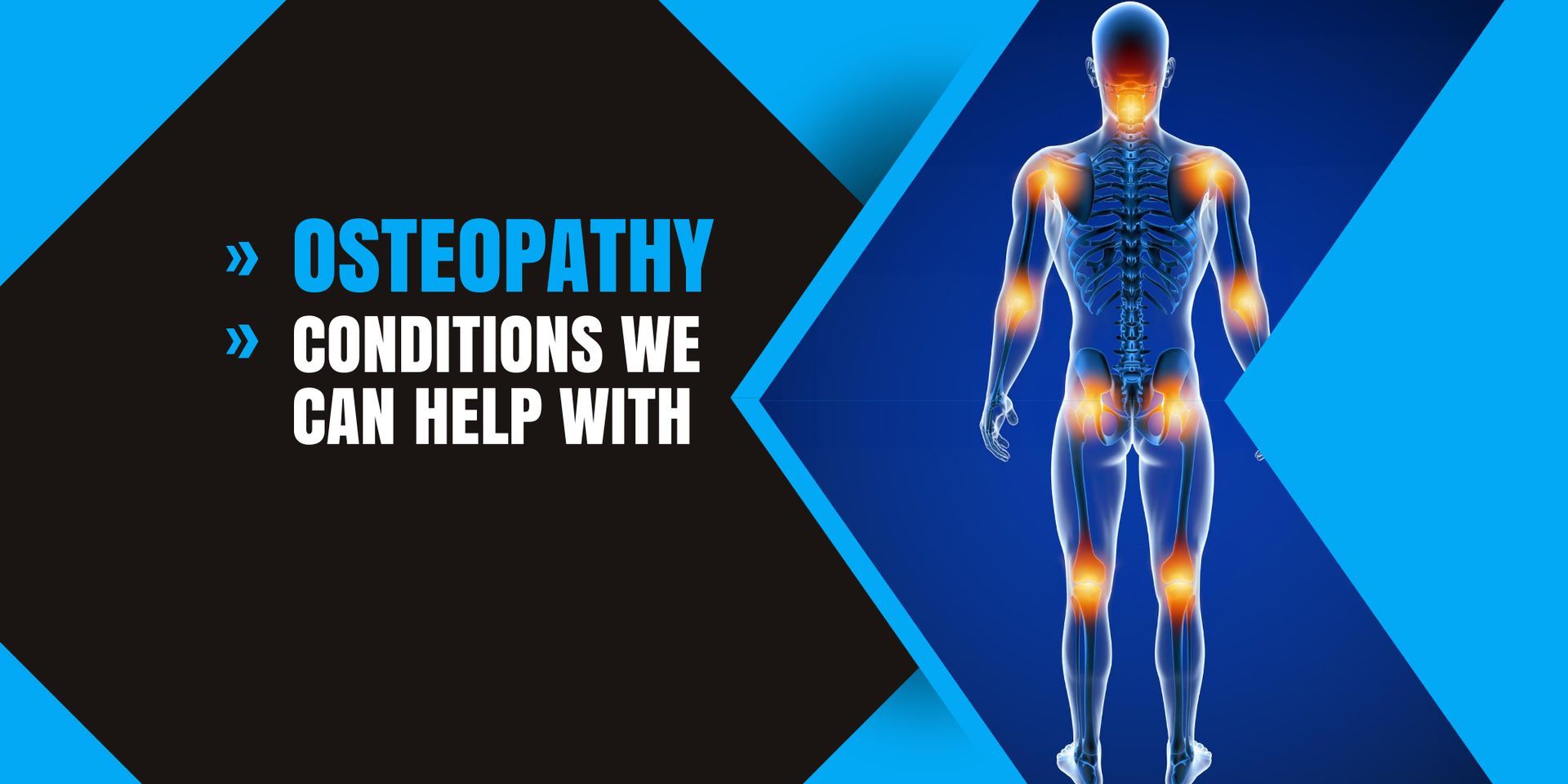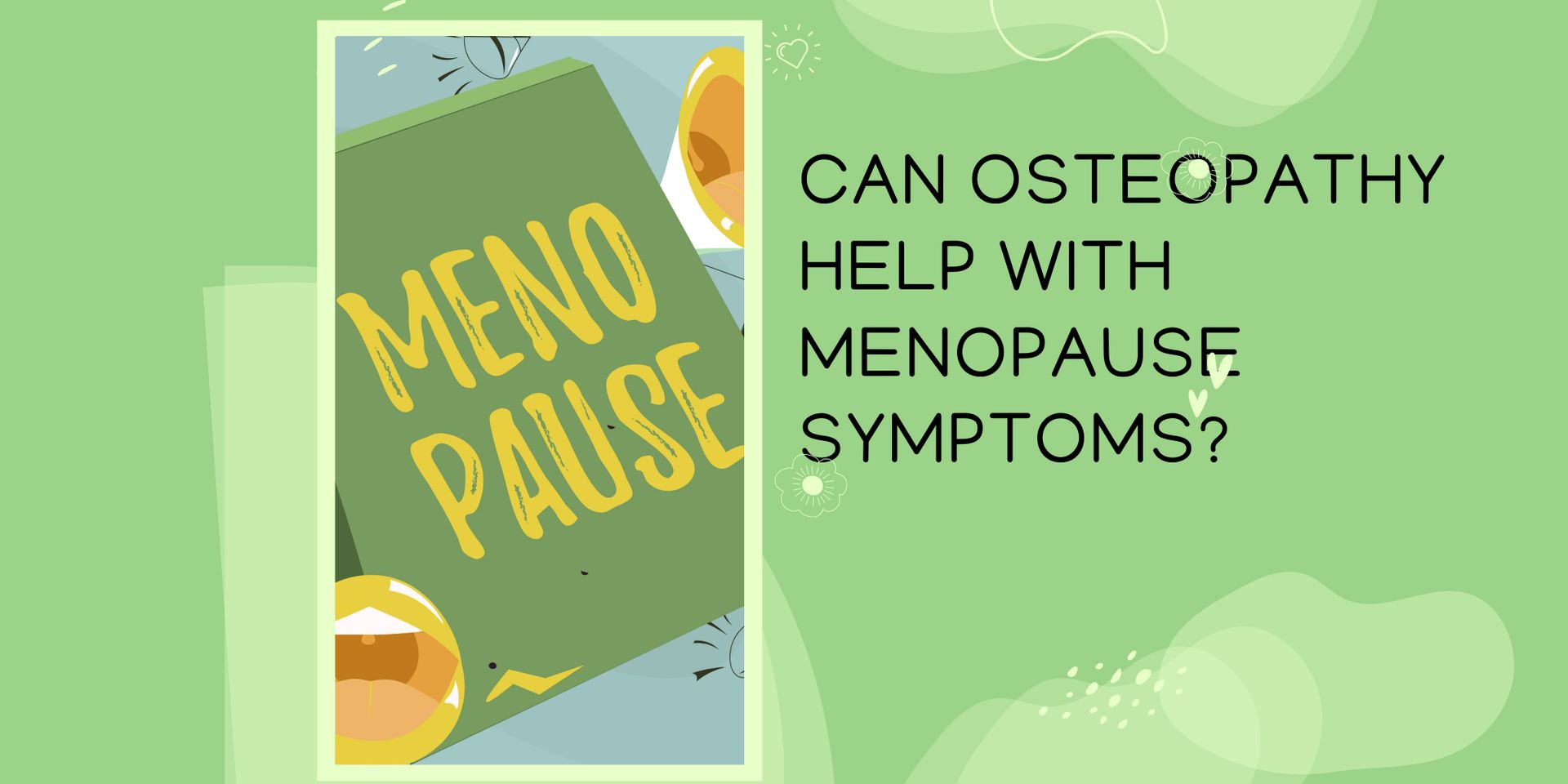Managing Frozen Shoulder with Osteopathy: A Practical Approach to Recovery
Early treatment can often prevent the condition from becoming more severe and long-lasting
At Parkstone Osteopaths, we regularly see people struggling with shoulder pain and stiffness that affects their daily lives.
One of the more common conditions we treat in the clinic is Frozen Shoulder, or Adhesive Capsulitis as it’s medically known.
If lifting your arm, putting on a coat, or even reaching for something on a high shelf has become difficult and painful, you might be dealing with this frustrating condition.
What is Frozen Shoulder?
Frozen Shoulder is a condition where the connective tissue around the shoulder joint - called the capsule - becomes inflamed, tight, and thickened.
As a result, normal movement in the shoulder becomes severely restricted and painful.
It usually develops gradually and often follows a clear pattern, moving through three phases:
Freezing Phase:
The shoulder becomes increasingly painful, and movement starts to reduce.
Frozen Phase:
Pain may ease slightly, but stiffness remains, making everyday activities difficult.
Thawing Phase:
Movement slowly begins to return, though full recovery can take many months.
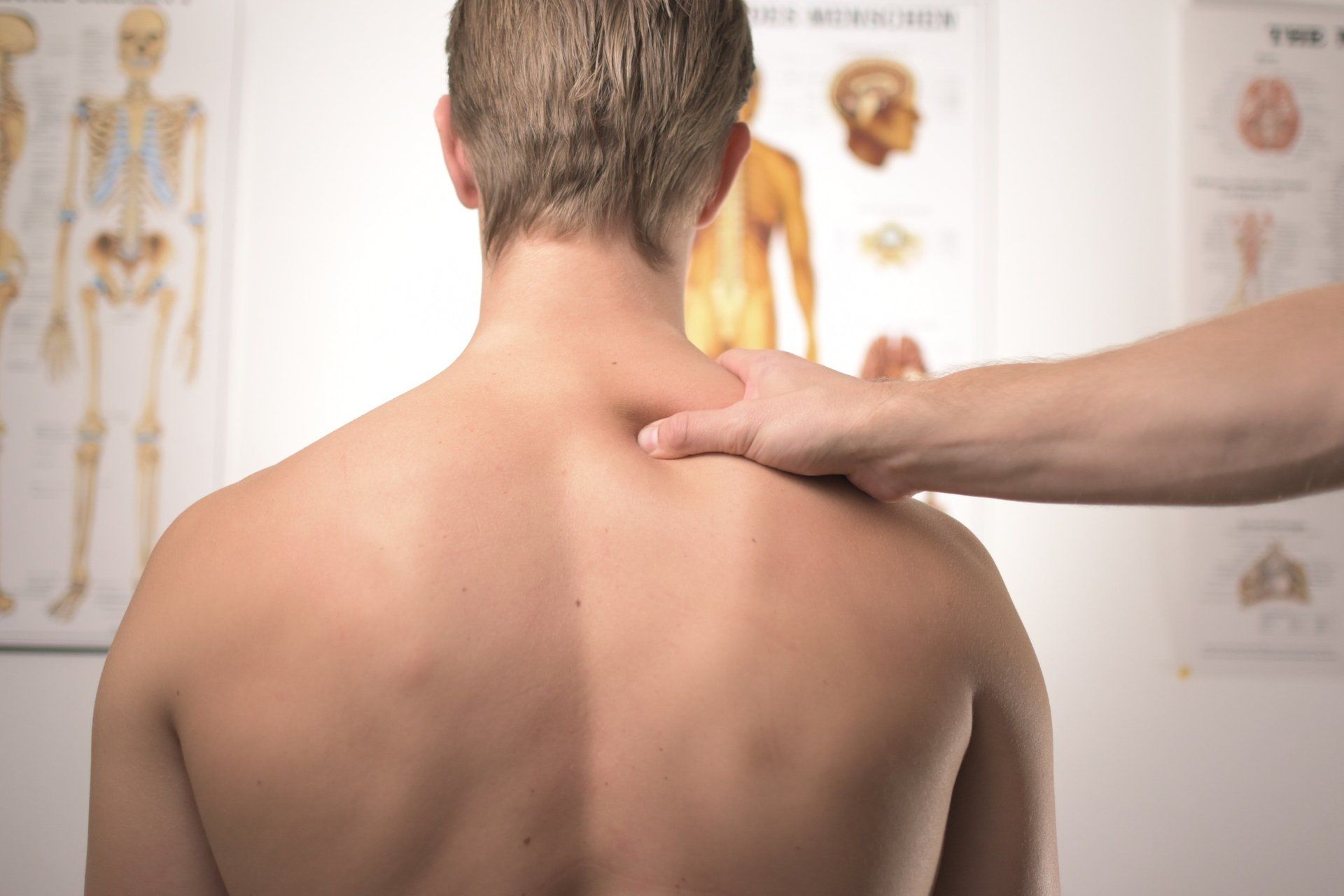
Some people develop Frozen Shoulder after an injury or surgery, while others experience it without any obvious cause. It’s most common in people between the ages of 40 and 60.
How Can Osteopathy Help?
At Parkstone Osteopaths, our priority is to help reduce your pain, improve your shoulder movement, and support your body’s natural healing process.
Here’s how osteopathic treatment can help manage Frozen Shoulder:
Hands-On Treatment to Improve Mobility
We use a range of gentle, targeted techniques to ease tension in the muscles and soft tissues around the shoulder.
Carefully applied joint mobilisations can help encourage movement and reduce stiffness over time.
Every treatment is adjusted to suit the stage of your condition and your comfort levels.
Reducing Associated Tension Elsewhere
When one part of the body isn’t moving well, other areas often compensate. With Frozen Shoulder, it’s common to find increased tension in the neck, upper back, and even the opposite shoulder.
By addressing these areas too, we help prevent additional strain and discomfort.
Supporting Pain Management
Pain from Frozen Shoulder can interfere with sleep, mood, and daily life. Alongside hands-on treatment, we offer practical advice on simple home-based strategies, such as heat therapy, gentle stretches, and ways to adapt daily activities to reduce irritation.
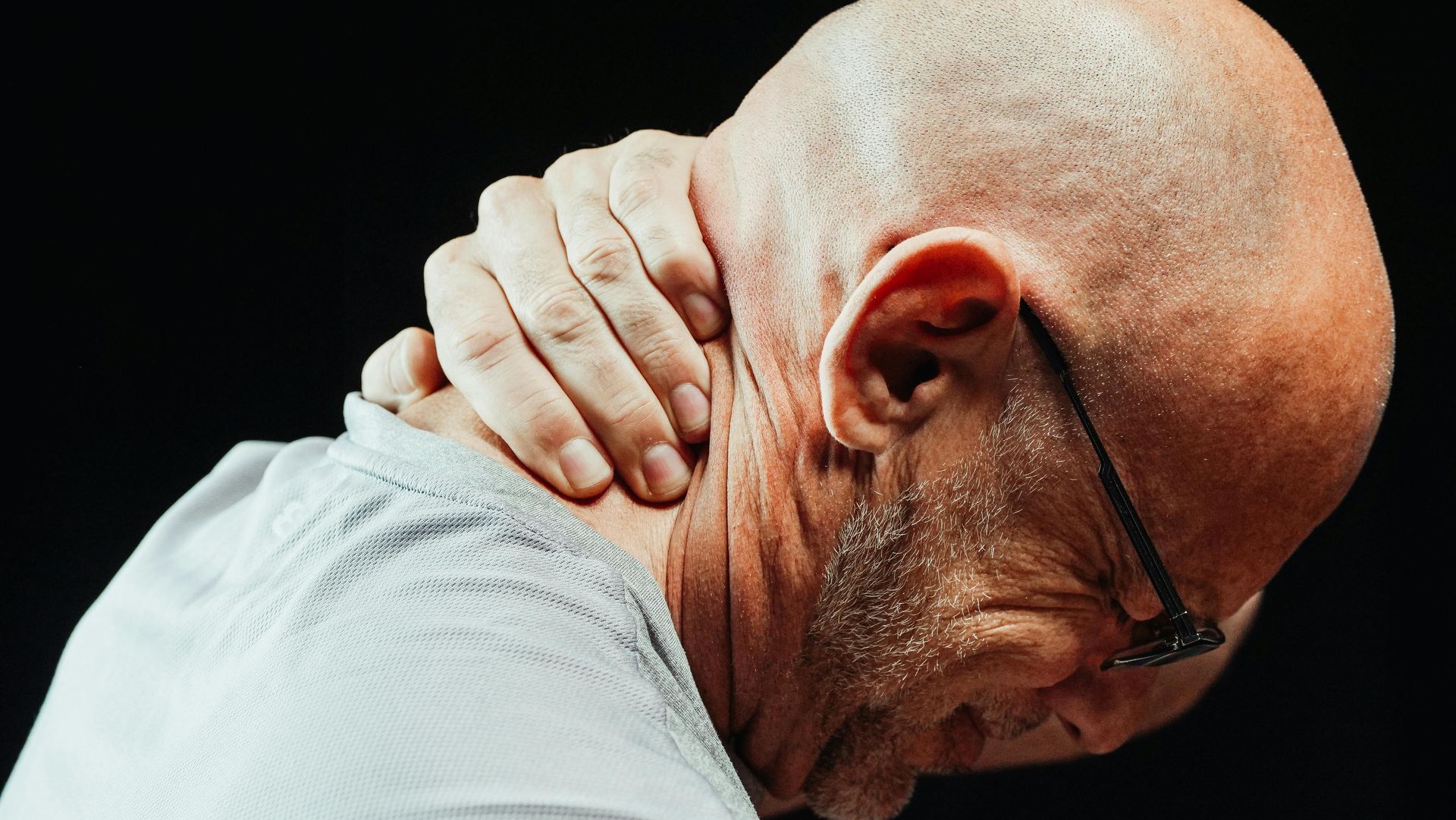
Rehabilitation and Movement Guidance
Once the initial pain starts to settle, it’s important to begin gradual, controlled exercises to help restore strength and mobility.
We’ll guide you through specific movements that encourage safe progress without aggravating your symptoms.
Holistic Care Tailored to You
Every case of Frozen Shoulder is different. That’s why we take the time to understand your medical history, lifestyle, and personal goals before creating a treatment plan.
Osteopathy works alongside your body’s natural healing processes and is designed to complement other treatments you may be receiving.
When Should You Seek Help?
If your shoulder pain has lasted more than a few weeks, or if you’re noticing a progressive loss of movement, it’s worth getting assessed sooner rather than later.
Early treatment can often prevent the condition from becoming more severe and long-lasting.
Contact Parkstone Osteopaths
We’re here to help. If you’re concerned about your shoulder or would like advice on whether osteopathy is right for you, please get in touch.
📞 Call us:
01202 734 109
📍 Location:
Parkstone, Poole – easily accessible from surrounding areas.
Let’s get your shoulder moving again—safely and naturally.




